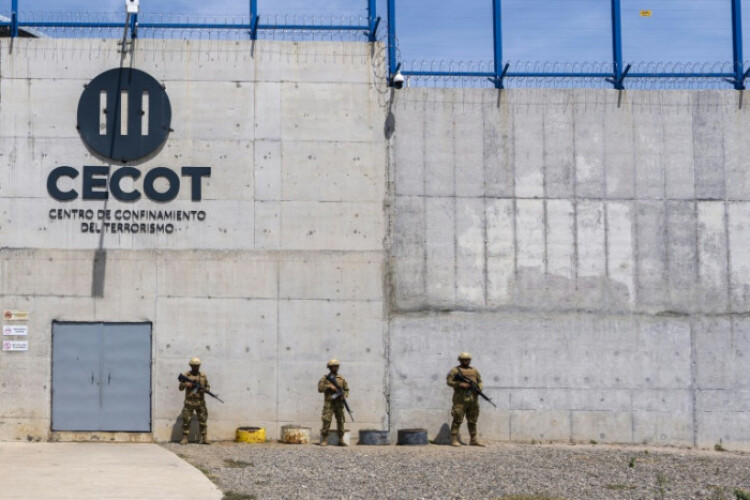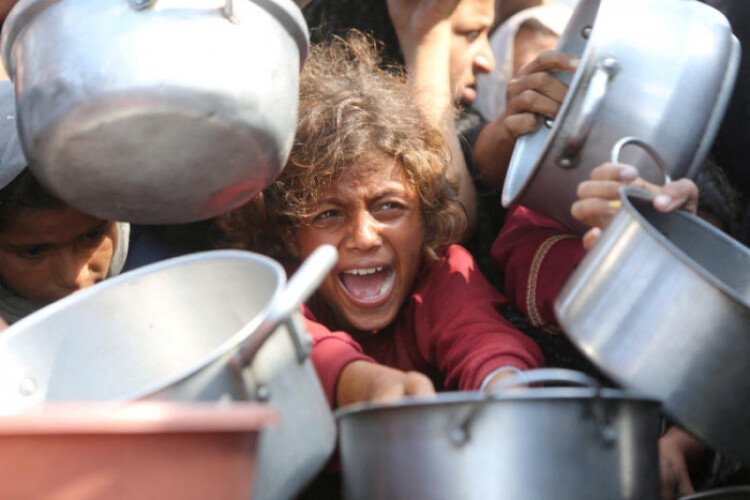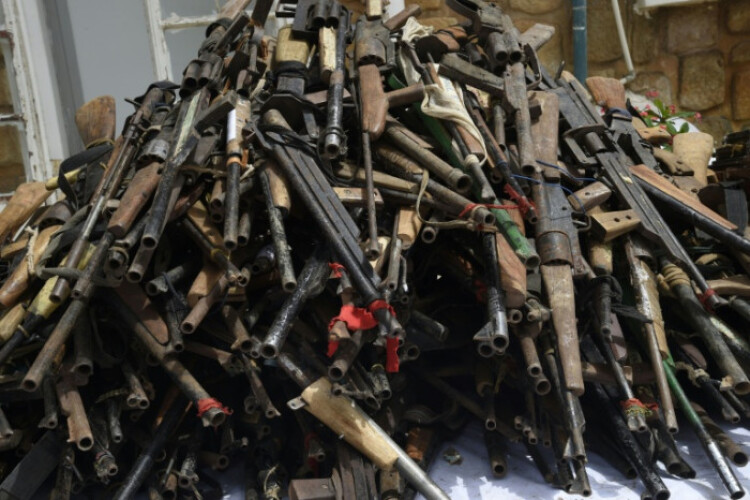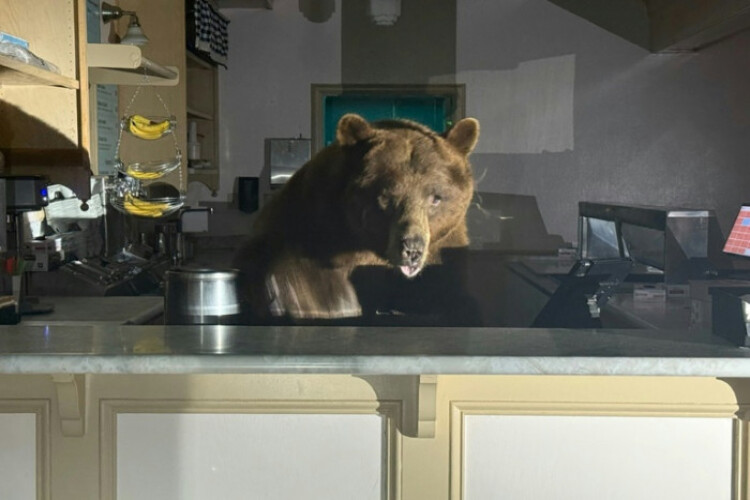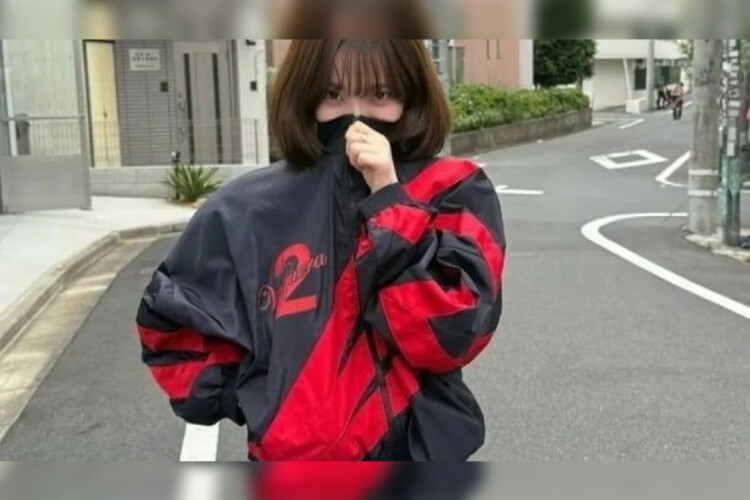
SEOUL – Following South Korea’s presidential election on June 3, a seemingly innocuous act by one of the nation’s most celebrated actresses ignited a storm. Actress Song Hye-kyo pressed “like” on President Lee Jae-myung’s then-election campaign video on his HR policy.
The simple gesture came under fire, drawing fierce backlash from those accusing her of breaking an unspoken rule: Celebrities in South Korea must remain politically neutral, or even near total political abstinence.
The controversy underscores a long-standing tension in Korean pop culture, where public figures in the fields of entertainment and culture are expected to suppress even the slightest hint of political affiliation. During the June election, numerous celebrities, from K-pop idols to comedians, were compelled to apologize or explain their actions for reasons as mundane as wearing red or blue, the symbolic colors of the People Power Party and Democratic Party of Korea, respectively.
In one widely discussed case, League of Legends esports team Gen.G abstained from their usual “V for victory” gesture after setting a historic win streak, fearing it could be mistaken as a political statement for candidate No. 2, Kim Moon-soo. Similarly, popular figures like Karina of aespa, entertainer Hong Jin-kyung and rapper Beenzino faced criticism for wearing red clothing, widely associated with Kim’s People Power Party during the campaign period. Others, like comedian Park Sung-kwang and actress Ahn So-hee, were accused of showing political bias simply by posting images with blue rooftops or red roses.
This hyper-vigilant policing of neutrality has left many wondering: Why are Korean celebrities held to such extreme standards?
Actress Ahn So-hee, who was once an idol of the group called Wondergirls, posted a picture of her and red roses and erased it after getting scrutinised for political controversy, as red symbolises the color of People Power Party, and later posted a picture of an ocean, which shows the color of the Democratic Party of Korea. PHOTO: INSTAGRAM/THE KOREA HERALD
Idol as ‘cultural blank slate’
“Korean celebrities, particularly idols, are not merely entertainers. They are seen as projections of fan ideals — cultural blank slates,” said cultural critic Kim Heon-sik. “This makes any personal expression — political or otherwise — subject to public interpretation and judgment.”
The term “idol” in Korea has come to denote more than admiration. As The Independent put it, idols are expected to embody fan fantasies while remaining void of personal beliefs that may challenge that image. In this framework, political neutrality is not just preferred, it is mandatory.
“Fans don’t see idols as individuals with agency. They are shaped, controlled and even owned — emotionally — by their followers. A ‘like’ on a campaign post can be perceived as betrayal if it’s not in line with what the fan thinks,” Kim added.
This leads to K-pop idols often avoiding using primary colors, hand gestures or even certain numbers during election periods. Some go so far as to post black-and-white photos to preempt controversy, a trend that was lauded as “socially aware” during the most recent campaign.
South Korea’s hypersensitivity to political expression has deep historical roots. As a country marked by ideological division and rapid democratic transition, political affiliations have long carried career-altering consequences. Even now, expressing support for one party or another can result in social ostracism, economic repercussions or online attacks.
Bae Sang-hoon, a sociology professor at Chungbuk University, explained, “South Korea’s political environment is emotionally charged, and people project these tensions onto public figures.”
“The issue is compounded by the country’s deepening culture of fan attachment. The emotional investment that fans place in idols, often described as ‘parasocial relationships,’ can blur the lines between admiration and control. That emotional ownership has only intensified as fans use celebrities as a proxy to process their own social anxieties,” Bae added.
Some observers suggest that intense attachment to celebrities serves, in part, as an emotional coping mechanism.
“In a highly competitive society, where people feel disconnected and under pressure, celebrities serve as emotional anchors,” Bae added. “This can turn into a toxic dynamic when fans begin to expect moral purity and political conformity from people who are essentially strangers.”
Calls are growing for a more mature fan culture — one that allows room for artists to engage as citizens without fear of professional ruin. But such a change will require a fundamental reevaluation of the role celebrities play in society and the emotional needs they are often expected to fulfill.
“If we want to continue celebrating the rise of K-pop and Korean soft power, we must also ask whether we are granting our stars the same freedoms we expect in a democratic society,” said a 31-year-old surnamed Kim who is active in fandom activities.
Asia News Network/The Korea Herald
The simple gesture came under fire, drawing fierce backlash from those accusing her of breaking an unspoken rule: Celebrities in South Korea must remain politically neutral, or even near total political abstinence.
The controversy underscores a long-standing tension in Korean pop culture, where public figures in the fields of entertainment and culture are expected to suppress even the slightest hint of political affiliation. During the June election, numerous celebrities, from K-pop idols to comedians, were compelled to apologize or explain their actions for reasons as mundane as wearing red or blue, the symbolic colors of the People Power Party and Democratic Party of Korea, respectively.
In one widely discussed case, League of Legends esports team Gen.G abstained from their usual “V for victory” gesture after setting a historic win streak, fearing it could be mistaken as a political statement for candidate No. 2, Kim Moon-soo. Similarly, popular figures like Karina of aespa, entertainer Hong Jin-kyung and rapper Beenzino faced criticism for wearing red clothing, widely associated with Kim’s People Power Party during the campaign period. Others, like comedian Park Sung-kwang and actress Ahn So-hee, were accused of showing political bias simply by posting images with blue rooftops or red roses.
This hyper-vigilant policing of neutrality has left many wondering: Why are Korean celebrities held to such extreme standards?
Actress Ahn So-hee, who was once an idol of the group called Wondergirls, posted a picture of her and red roses and erased it after getting scrutinised for political controversy, as red symbolises the color of People Power Party, and later posted a picture of an ocean, which shows the color of the Democratic Party of Korea. PHOTO: INSTAGRAM/THE KOREA HERALD
Idol as ‘cultural blank slate’
“Korean celebrities, particularly idols, are not merely entertainers. They are seen as projections of fan ideals — cultural blank slates,” said cultural critic Kim Heon-sik. “This makes any personal expression — political or otherwise — subject to public interpretation and judgment.”
The term “idol” in Korea has come to denote more than admiration. As The Independent put it, idols are expected to embody fan fantasies while remaining void of personal beliefs that may challenge that image. In this framework, political neutrality is not just preferred, it is mandatory.
“Fans don’t see idols as individuals with agency. They are shaped, controlled and even owned — emotionally — by their followers. A ‘like’ on a campaign post can be perceived as betrayal if it’s not in line with what the fan thinks,” Kim added.
This leads to K-pop idols often avoiding using primary colors, hand gestures or even certain numbers during election periods. Some go so far as to post black-and-white photos to preempt controversy, a trend that was lauded as “socially aware” during the most recent campaign.
South Korea’s hypersensitivity to political expression has deep historical roots. As a country marked by ideological division and rapid democratic transition, political affiliations have long carried career-altering consequences. Even now, expressing support for one party or another can result in social ostracism, economic repercussions or online attacks.
Bae Sang-hoon, a sociology professor at Chungbuk University, explained, “South Korea’s political environment is emotionally charged, and people project these tensions onto public figures.”
“The issue is compounded by the country’s deepening culture of fan attachment. The emotional investment that fans place in idols, often described as ‘parasocial relationships,’ can blur the lines between admiration and control. That emotional ownership has only intensified as fans use celebrities as a proxy to process their own social anxieties,” Bae added.
Some observers suggest that intense attachment to celebrities serves, in part, as an emotional coping mechanism.
“In a highly competitive society, where people feel disconnected and under pressure, celebrities serve as emotional anchors,” Bae added. “This can turn into a toxic dynamic when fans begin to expect moral purity and political conformity from people who are essentially strangers.”
Calls are growing for a more mature fan culture — one that allows room for artists to engage as citizens without fear of professional ruin. But such a change will require a fundamental reevaluation of the role celebrities play in society and the emotional needs they are often expected to fulfill.
“If we want to continue celebrating the rise of K-pop and Korean soft power, we must also ask whether we are granting our stars the same freedoms we expect in a democratic society,” said a 31-year-old surnamed Kim who is active in fandom activities.
Asia News Network/The Korea Herald


